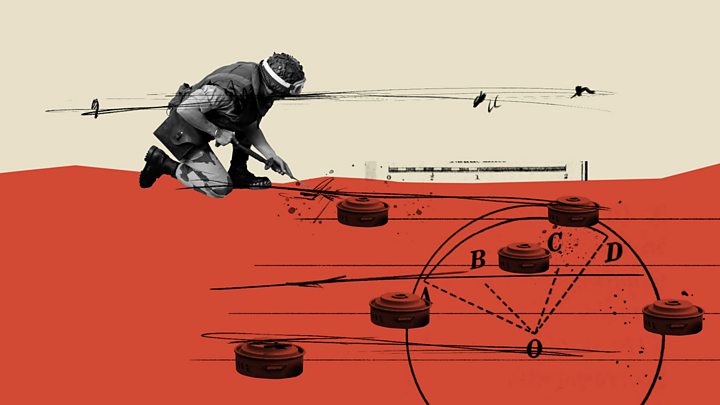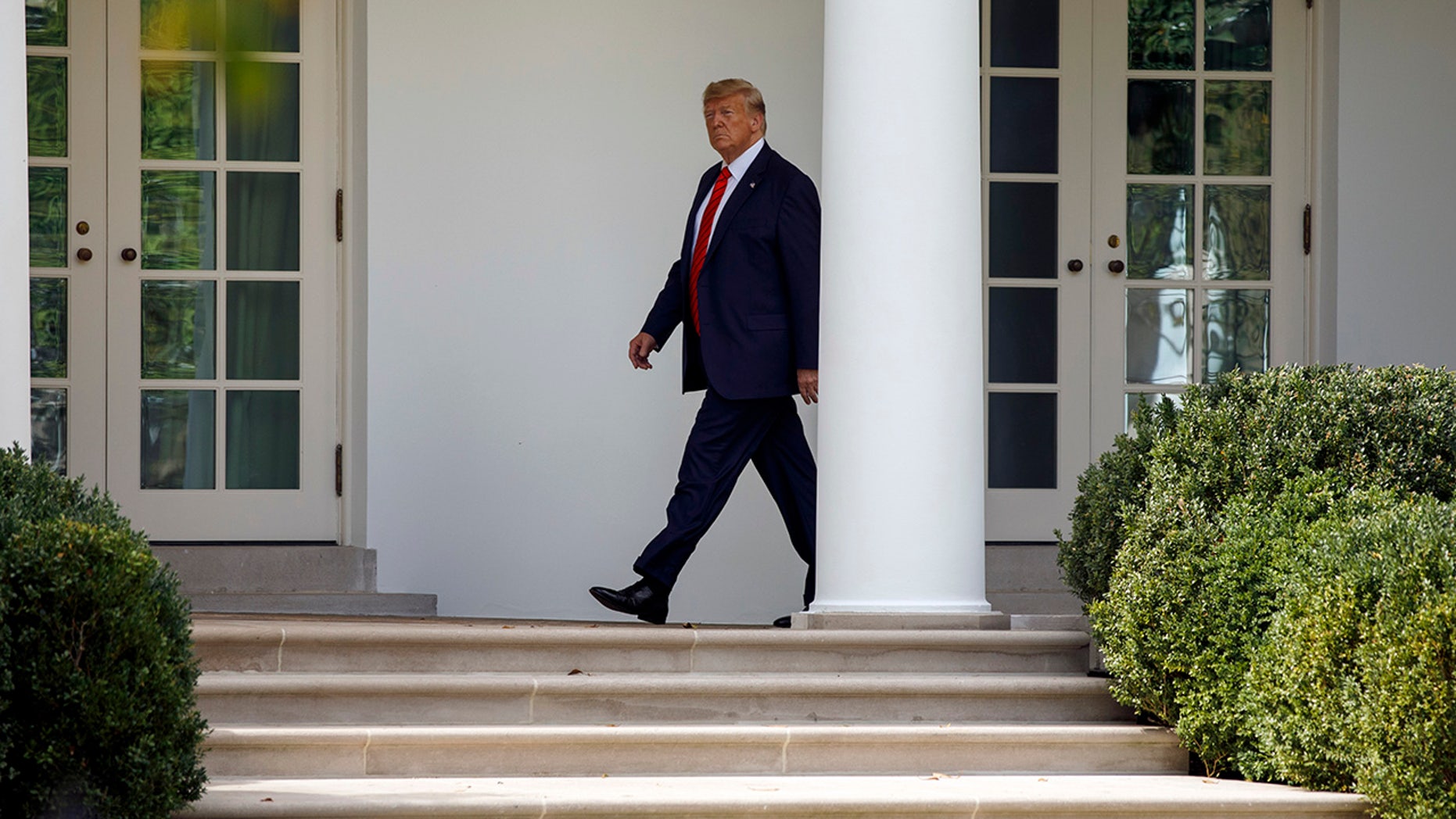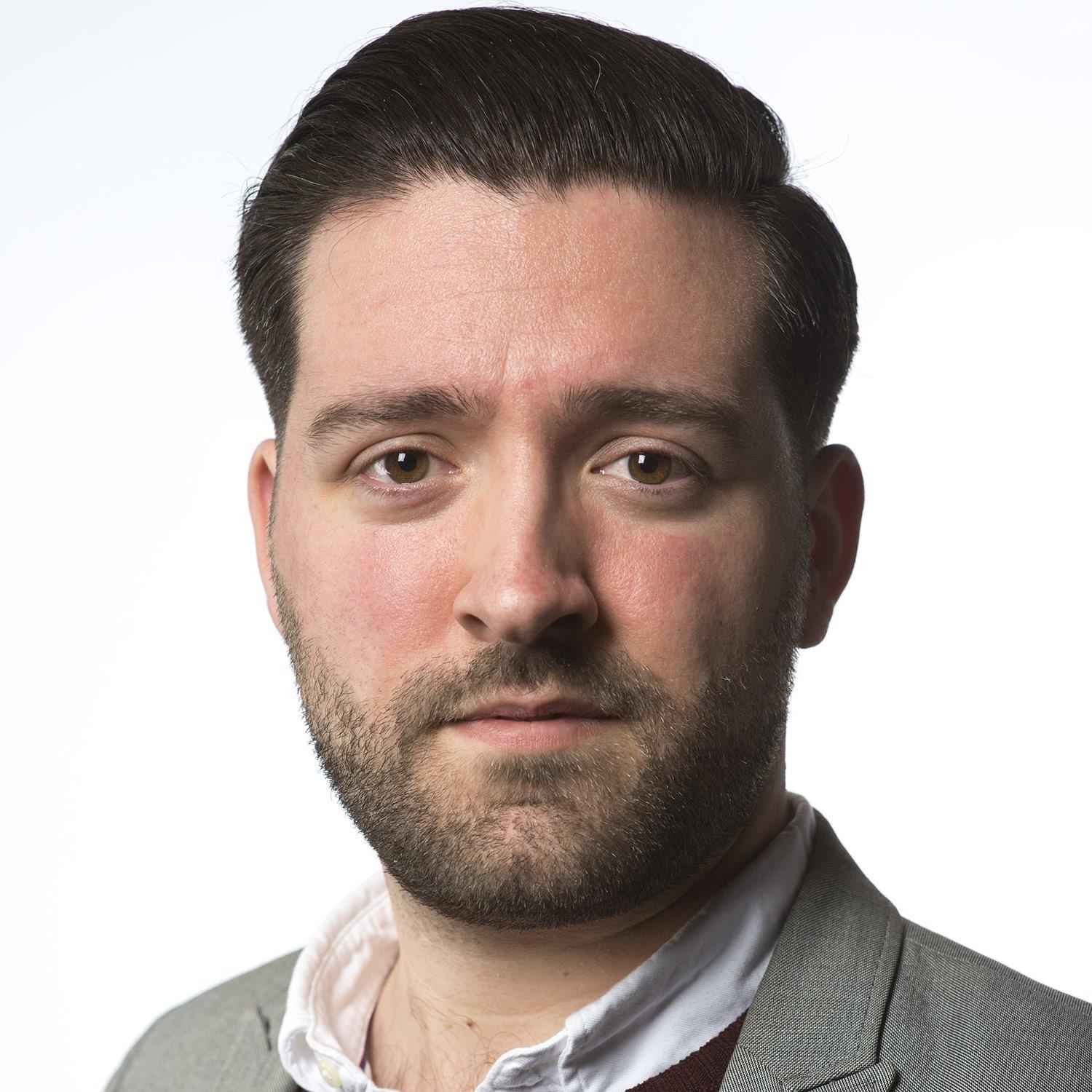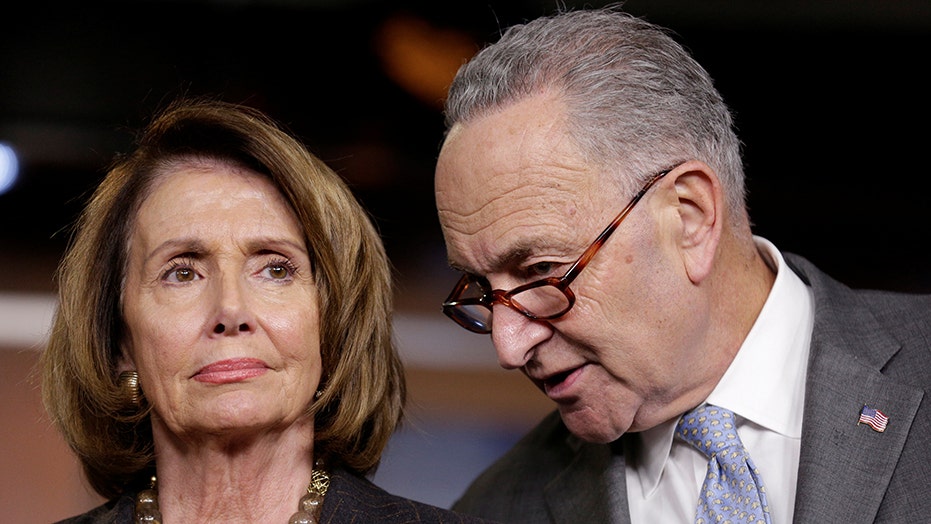WASHINGTON — After President Donald Trump asked Ukraine’s president to work with his personal attorney, Rudy Giuliani, on a possible corruption investigation into former Vice President Joe Biden, the Ukrainians turned to another American to facilitate the introduction: Ambassador Kurt Volker, Trump’s part-time envoy for Ukraine.
“Ambassador Volker called me,” Giuliani told NBC News in an interview Wednesday night.
Although Volker has mostly stayed under the radar since taking the job in 2017, his unusual arrangement as Trump’s special representative for Ukraine negotiations is attracting new attention amid revelations of his role in the ongoing Ukraine saga.
An unpaid volunteer, Volker spends most of his time engaged in outside projects, including his work at a Washington lobbying firm that continued to represent the Government of Ukraine for almost two years after Volker started as special envoy.
Volker’s role in the most recent controversy came to light as Giuliani tried to cast his efforts as fully coordinated and even prompted by the State Department.
The State Department has acknowledged that it was Volker who put Giuliani “in direct contact” with Andriy Yermak, a top adviser to Ukraine’s President Volodymyr Zelenskiy. That introduction ultimately led to a meeting between Yermak and Giuliani in Spain.
But the State Department insists that Giuliani “does not speak on behalf of the U.S. government” and that he “acts in a personal capacity” as Trump’s lawyer. The State Department wouldn’t say why Volker made the introduction, other than that the Ukrainian aide requested it.
In his interview with NBC News, Giuliani said that Volker called him in late July — right around the time of Trump’s phone call with Zelensky — and asked if it was all right to give Giuliani’s number to the Zelensky’s aide.
“I was in a unique position to help with some of the things the State Department was working on,” Giuliani said. He declined to say what it was, stating that it was “privileged,” but said it related to “corruption in the Ukraine — and not only about Biden.”
Giuliani then met with Yermak in Spain during what the former New York mayor described as a previously scheduled trip for other reasons.
He said he spoke to Yermak by phone on two instances after that and reported back to the State Department after all three interactions.“They sent me a closing text saying, ‘Thank you very much for your help,’” Giuliani said.
He said he did not receive a security clearance to meet with the Ukrainian aide in Spain.
And Giuliani told NBC News that he wasn’t contacted in April, after an earlier call that month between Trump and his Ukrainian counterpart. "I don't have any recollection of anyone reaching out to me in reference to that call," he said, "nor do I recall anything unusual happening."
Giuliani’s unorthodox involvement in U.S.-Ukraine relations has illustrated how diplomacy with Ukraine during the Trump administration has been handled by a hodgepodge of various officials whose lines of authority are sometimes unclear. Although the U.S. had an ambassador to Ukraine, Trump recalled her in May, and in his July call with Zelenskiy, he described her as “bad news.”
Volker, by law, can only spend about one-third of his time working for the U.S. government, owing to his status as a “Special Government Employee.” That category, designed to enable private sector workers with particular expertise to serve the government temporarily, limits Volker to no more than 130 days out of any 365-day period spent on his Ukraine envoy duties.
Volker has been in the role since July 2017. Former Secretary of State Rex Tillerson tasked the veteran U.S. diplomat with continuing efforts “to achieve peace in Ukraine.” His qualifications for the job were substantial: a former ambassador to NATO, he had served in top roles on European affairs in the White House, the State Department and for the late Sen. John McCain.
“At least in the beginning, it felt like he was injecting some new life into the process,” said Andrea Kendall-Taylor, a top U.S. intelligence officer for Russia who left the administration in May. “He brought a lot of energy and enthusiasm and was really active in the region.”
But since joining the Trump administration, Volker has stayed equally busy with other projects. In addition to the Ukraine job, he’s retained roles as head of the McCain Institute for International Leadership and on the board of directors for CG Funds Trust, a mutual fund whose portfolio includes overseas holdings.
He’s also continued to work as a “senior international adviser” at his old lobbying firm, BGR Group, whose website touts Volker’s “deep European experience and relationships at the top levels of the trans-Atlantic diplomatic and policy communities.”
BGR Group’s lobbying clients include numerous foreign governments, including Somalia and Bahrain. The group worked for Saudi Arabia until terminating the contract last year after the murder of journalist Jamal Khashoggi, lobbying records show.
The firm, founded by former Mississippi Gov. Haley Barbour, also continued to work for Ukraine long after Volker became the special representative. Ukraine’s government paid BGR Group $600,000 in 2017 for work on behalf of the National Reforms Council of Ukraine, under the Ukrainian presidency, and another $300,000 in 2018, Senate records show.
In fact, Volker’s firm did not stop working for the Ukraine government until this year, when the government changed after Zelenskiy’s election.
There are no indications of impropriety by Volker or evidence that his work at BGR Group has involved Ukraine, which would be prohibited under criminal conflicts of interest laws. Still, ethics experts said the highly unusual arrangement risks the appearance of impropriety unless Volker and the government took concrete steps to avoid potential conflicts of interest.
“This would make me very nervous,” said Virginia Canter, a former White House ethics lawyer in the Obama and Clinton administrations now at the group Citizens for Responsibility and Ethics in Washington. “It’s pretty sticky.”
Volker did not respond to inquiries from NBC News, but the State Department has said previously he serves “in an unpaid capacity” and “has recused himself from all Ukraine-related matters in his other work.” A department spokeswoman said Volker “is aware of and has complied with the conflict of interest rules.”
Still, the State Department declined to elaborate on what steps Volker and the department’s lawyers took to avoid conflicts, or to say how much time Volker spends working for the government and whether the State Department feels a part-time Ukraine envoy is sufficient given escalating tensions with Russia.
The State Department also would not comment on why Volker’s official biography says he “previously served” at BGR Group. Volker’s bio on the State Department website does not mention he’s still actively employed by BGR Group.
In December 2017, months after Volker started as the Ukraine representative, the Trump administration agreed to sell lethal weapons to Ukraine including Javelin anti-tank missiles. In his June call with Trump, the Ukrainian president told Trump he was “almost ready” to buy even more Javelins from the U.S. — just before Trump interjected to say he would “like you to do us a favor, though” — investigate Biden.
Massachusetts-based Raytheon makes the Javelin missiles in partnership with Lockheed Martin. Raytheon is also a client of BGR Group, which lobbied for the defense contractor on “defense appropriations and authorizations” for more than a decade. Senate records show Raytheon paid BGR Group about $120,000 per year until ending the contract at the end of 2018.
BGR Group would not say what accounts Volker works on or whether any firewall was set up to ensure no overlap between the group’s work for the Government of Ukraine and Volker’s work as the U.S. special representative. Jeff Birnbaum, president of BGR Public Relations, said the firm had no comment.
Ambassador Dan Fried, the former top U.S. diplomat for Europe who was Volker’s boss for years at White House National Security Council and the State Department, said Volker is the rare diplomat who has credibility with Ukrainian and other European officials despite “this administration’s track record on things Russia and the doubts you could expect.” He called Volker “tough on Russia” and “strong on NATO.”
“Kurt doesn’t have a confrontational style, but he has a style of clarity. He won’t obfuscate, he will cut to the chase,” Fried said. “The Russians really cannot stand being patronized and lectured to. He doesn’t do that. He’s just clear.”
Let's block ads! (Why?)
https://www.nbcnews.com/politics/trump-impeachment-inquiry/kurt-volker-trump-s-part-time-ukraine-envoy-played-role-n1058871
2019-09-26 10:20:00Z
52780390048216






